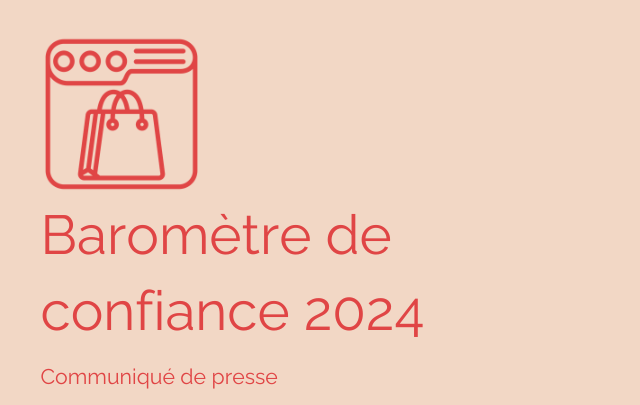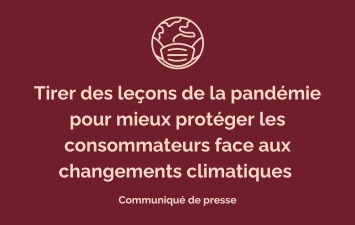

In 2019, December 4 was declared International Banking Day by the United Nations to encourage financial institutions to become responsible leaders in their communities. Nearly three years after the adoption of this resolution, are Canadian banks part of this social movement?
It's a fine example of a love-hate relationship. As citizens, we have mixed feelings about banks and financial institutions in general.
On the one hand, they make money, lots of it. The Royal Bank, Canada's largest, alone raked in profits of four billion dollars in the second quarter of 2021, the most recent for which results were presented. We were, it should be remembered, in the midst of a pandemic!
At the same time, they regularly find themselves embroiled, rightly or wrongly, in tax evasion schemes, which doesn't make them any more sympathetic. Not to mention irritants such as bank charges that appear as if by magic on our account statements. In reality, they must have been mentioned when choosing a banking package, but who reads the small print at the bottom of the pages?
On the other hand, and this is a real advantage, Canadian consumers can count on banks that rank among the strongest in the world, not to mention the Desjardins Group.
Not to be sneezed at.
The financial crisis that revealed the vulnerability of American banks
At the height of the 2008-2009 financial crisis, at least one American bank was failing every week. The laxity of the authorities had allowed them to lend without any real controls. But when their customers were unable to repay them, many of them found themselves short of funds.
How would you react if you turned up at your bank one morning and a chain blocked the entrance? That was the experience of millions of Americans.
In the United States, there are some 5,000 banks and savings institutions, many of them local or regional. For the surrounding community, their existence is a source of pride, but all it takes is an economic crisis for their vulnerability to become apparent. They can no longer rely on the strength of a network.
And that's without taking into account a fundamental flaw in the American financial system.
In the United States, homeowners can deduct the interest paid on their mortgage from their tax returns. This is a direct incentive to borrow.
When the crisis hit, an average of 100,000 American households were losing their homes to bailiffs every day. Their value had plummeted without them being able to resell it, especially as they had fallen into the trap of remortgaging regularly. In other words, they owed their banker more money than they could get by selling their property. Foreclosures multiplied.
In Canada? No such measure exists. You borrow without any benefit. There was some talk of it 20 years ago, but with what's happened now, nobody wants to talk about it again.
Our banks are solid, but are they responsible?
In comparison, we as consumers are safer, especially since the Canada Deposit Insurance Corporation guarantees deposits in the accounts of recognized financial institutions up to $100,000. It would be surprising if they had to intervene, but you never know.
Our banks are solid. Fair enough. But can they contribute more to the common good?
At least, the newly re-elected Trudeau government thinks so. All indications are that it intends to make good on an election promise that would raise the tax rate on banks and insurance companies from 15% to 18%. The new revenues would be used to help first-time buyers through a tax-free savings account, a kind of real estate TFSA.
At the same time, Canadian banks are increasingly finding themselves in the sights of activist shareholders who are throwing their weight behind their decisions. These are often pension funds that have amassed large blocks of shares over the years, and are thus in a position to press their members' claims for humanitarian or other causes. Banks, for example, are increasingly being asked to stay away from oil and gas companies, whether by liquidating their investments or avoiding financing their operations.
In any case, financial institutions have become more open to environmental issues for reasons that are not necessarily noble. In particular, they want to avoid embarrassing themselves if they lend to companies whose operations could end up falling foul of the law.
And let's not forget that they are run by people who are themselves sensitive to the major debates of the day. These days, for example, the National Bank is running a major advertising campaign to announce, among other things, its intention to increase the proportion of people from diverse backgrounds in its workforce to 25% by the end of 2023.
To be better seen? To improve your image? Basically, it doesn't matter. The idea remains that the whole community should share in the profits, not just the shareholders.






